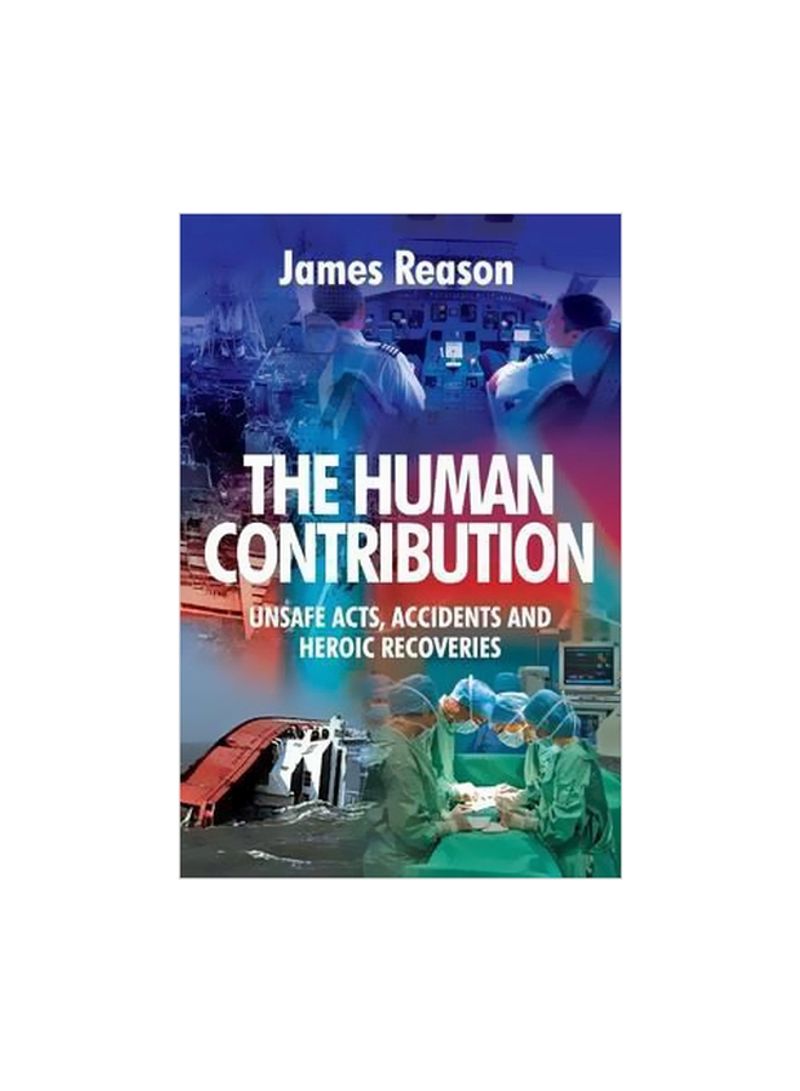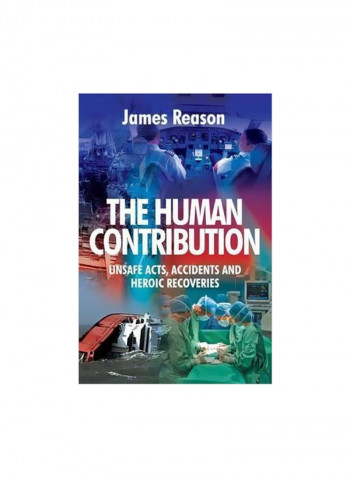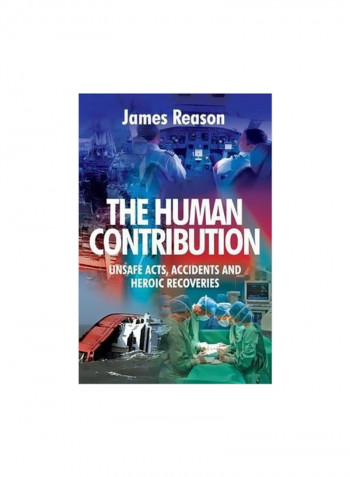The Human Contribution : Unsafe Acts, Accidents And Heroic Recoveries Paperback
Recommend
Sort by
Rating
Date
Specifications
Author 1
James Reason
Book Description
This book explores the human contribution to the reliability and resilience of complex, well-defended systems. Usually the human is considered a hazard - a system component whose unsafe acts are implicated in the majority of catastrophic breakdowns. However there is another perspective that has been relatively little studied in its own right - the human as hero, whose adaptations and compensations bring troubled systems back from the brink of disaster time and again. What, if anything, did these situations have in common? Can these human abilities be 'bottled' and passed on to others? The Human Contribution is vital reading for all professionals in high-consequence environments and for managers of any complex system. The book draws its illustrative material from a wide variety of hazardous domains, with the emphasis on healthcare reflecting the author's focus on patient safety over the last decade. All students of human factors - however seasoned - will also find it an invaluable and thought-provoking read.
ISBN-13
9780754674023
Language
English
Publisher
Taylor & Francis Ltd
Publication Date
30/Dec/08
Number of Pages
310
About the Author
James Reason was Professor of Psychology at the University of Manchester from 1977-2001, from where he graduated in 1962. He obtained his PhD in 1967. From 1964-76, he was Lecturer then Reader in Psychology at the University of Leicester. He has also worked at the RAF Institute of Aviation Medicine, Farnborough, and the US Naval Aerospace Medical Institute, Pensacola. His primary research interest has been the human and organizational contributions to the breakdown of complex, well-defended systems. He has written books on absent-mindedness, human error, aviation human factors, on managing the risks of organizational accidents and, most recently, on error management in maintenance operations. He has researched and consulted in the fields of aviation, railways, nuclear power generation, maritime safety, oil exploration and production, mining, chemical process industry, road safety, banking and health care. He received the Distinguished Foreign Colleague Award from the US Human Factors and Ergonomics Society (1995), the Flight Safety Foundation/Airbus Industrie Award for achievements in human factors and flight safety (2001), and the Roger Green Medal from the Royal Aeronautical Society for contributions to human factors as applied to aerospace (2001), and the Flight Safety Foundation/Boeing Aviation Safety Lifetime Achievement Award (2002) He is a Fellow of the British Academy, the Royal Aeronautical Society and the British Psychological Society. He received an honorary DSc from the University of Aberdeen in 2002, and was awarded a CBE in 2003 for contributions to patient safety. In 2006, he was made an honorary fellow of the Royal College of General Practitioners.
Editorial Review
The serious reader will find the book intensely moving at times. The wealth of real case studies, tragedies, splendid successes and discoveries, make it well balanced and difficult to put down. Certainly it merits repeated reading for continuous satisfaction and inspiration.' Occupational Safety & Health, May 2009



